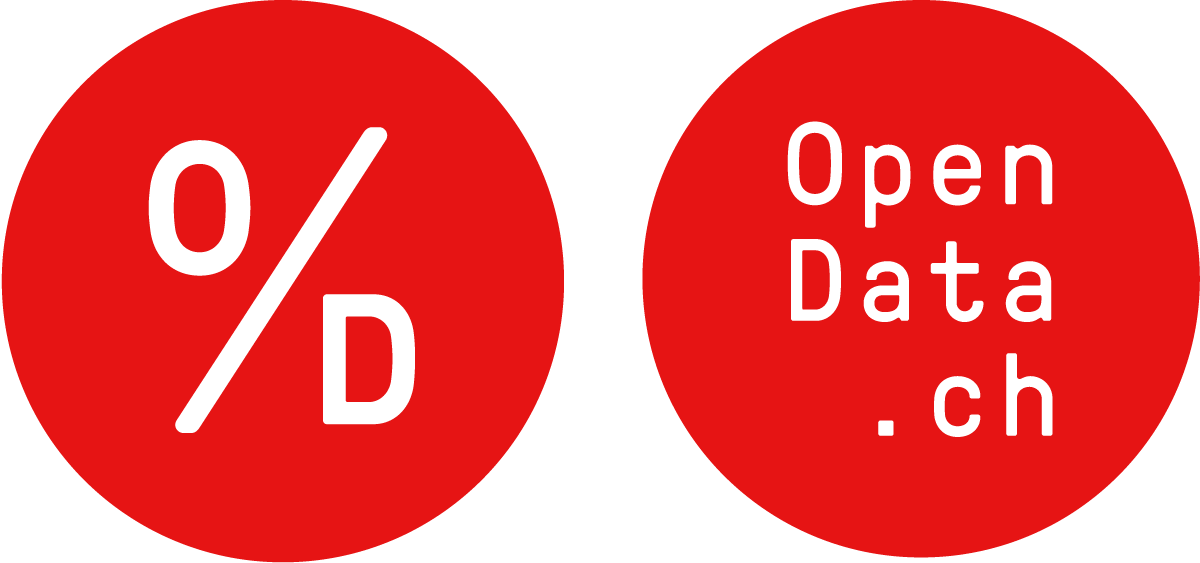Thank you for being an awesome participant / follower / supporter of Hack for Ageing Well! In this post we recap the setup and workshops at the event – see here for all the results! Furthermore have a look at the original blogpost on 2016.aalhackathon.eu.
We experienced two great days at Startfeld St. Gallen, where the pace was set by the AAL Programme and our Challenge contributors. We were well looked after and catered to, motivated and energized, our ideas attentively listened to by our teammates, experts, entrepreneurs and 45 fellow participants.

Our brainstorming session on day 1 looked like this: first, a bird’s eye view was presented by the organisers to show how hackathons fit in the chain of idea to R&D to production to market. Then each Challenge was briefly introduced, followed by short speeches from each of the challengers (or reps from their orgs). After each speech a paper airplane was thrown into a corner of the room, where anyone interested in working on the project later congregated.
Very quickly we went from a room full of people to only a handful of indecisives, who based on skill/general interest area were then recommended to the teams. Some people decided to switch later on, and the organisers knew where each project was happening and directed. Nobody was left out, and surprisingly productive groups were quickly formed in this way.
Three workshops at the latter half of Sunday afternoon featured national and international guest speakers who took the floor to share some deeper learnings and introduce us to some key insights that could benefit the projects.
Our first guest was a regional representative of Pro Senectute, the leading Swiss organisation dedicated to ageing, who along with two of their volunteers talked from deep practical experience applying ICT in the context of senior support. A lively discussion ensued on topics from app design to the role of insurances and investors.
A member of universAAL, an international project funded by the AAL Programme, then described what it was like to work with this network and about challenges in setting technical standards of interoperability and compatibility between smart devices.
Our third short workshop was on data literacy, covering resources available from the School of Data for collecting, analysing and communicating correlated facts.
Topping it off, we had a group Yoga session to stretch tired wrists and arms, expand breathing, clear heads, and reset for the hackathon sprints.

Stay tuned for the next post to read about the 8 exciting projects that resulted!

